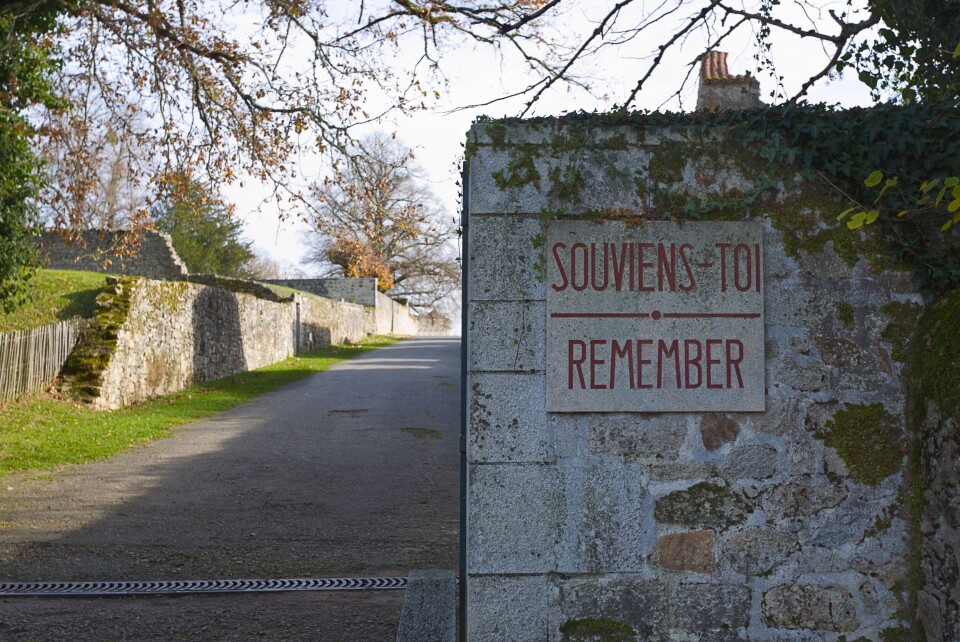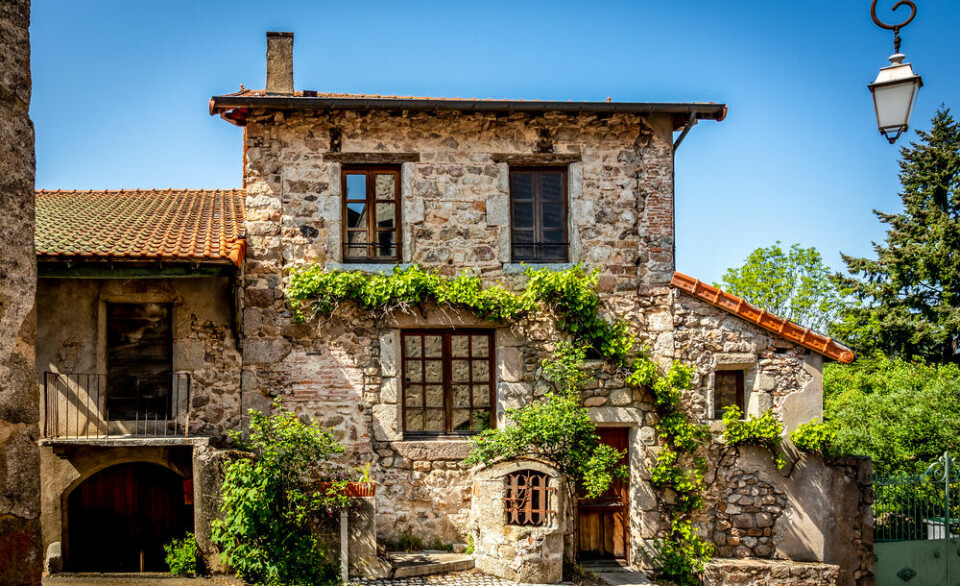-
Shop donations: Pays de la Loire and Corsica are France’s most generous regions
Almost €15 million was raised in 2025 via ‘round up’ donations at checkouts
-
Train passengers in Occitanie to be reimbursed over frequent delays and cancellations
See eligibility conditions and find out how refunds will be issued
-
Marine Le Pen appeal: Prosecutors call for election ban to be upheld
The court of appeal will return a decision before the summer, ahead of the 2027 elections
Last World War Two Oradour massacre survivor publishes book account
Robert Hébras, aged 96, has written the book with his granddaughter. He has always considered it very important to speak about the tragedy

The last survivor of the World War Two Oradour-sur-Glane massacre has today (June 1) published a book about his experience, saying that “it is essential to bear witness to what happened”.
Robert Hébras, aged 96, has written the book along with his granddaughter, Agathe. It is entitled Le dernier témoin d'Oradour-sur-Glane (The last witness of Oradour-sur-Glane) and is published by HarperCollins.
Read more: President Macron to honour last survivor of Oradour-sur-Glane massacre
Mr Hébras was 19 years old when, on June 10, 1944, a Nazi SS division entered the village of Oradour-sur-Glane (Haute-Vienne), separated the men from the women and children, and shot or burned alive nearly every inhabitant.
The massacre – which was believed to be committed as a reprisal for French Resistance attacks – was one of the worst atrocities to be committed on French soil during the conflict.
The village has since been preserved – along with a visitors’ centre – in the state in which it was left as a memorial to the tragedy.
Mr Hébras had lived in the village during his childhood and as a teenager, and lost two of his three sisters, as well as his mother, in the atrocity.
In the book, he recalls what happened that day, and notes that none of the inhabitants of the village had any inkling of what was about to take place when the SS officers arrived.
Mr Hébras was injured when the Nazi SS officers shot at him and the other men in the village. Gravely injured but alive, he stayed still to “play dead”, and only managed to escape when he realised that he was about to be burned.
Overall, 642 civilians were killed, including 205 children.
Only seven villagers (including Mr Hébras) survived the massacre: six men and a woman, while another 15 were able to escape the village before the massacre began or were able to avoid the roundup by hiding.
Later, he was reunited with his surviving sister, who lived in a nearby village, and found his father, who went back to Oradour to check on his mother and other sisters. It was then that the father realised that they had been burned alive, and told Mr Hébras that he would never see them again.
Mr Hébras told FranceInfo*: “I think that was the biggest shock I’ve ever had in my life.”
Now, Mr Hébras describes his granddaughter, Agathe, who helped him write the book, as his “oxygen”. She said that the feeling is “reciprocal”, and that the two are “linked even when we’re not together”.
She said: “I often say that he is my superhero. For a long time, I believed that he was immortal. It took me a long time to realise that I wouldn’t have him here all my life.
“I know that one of his fears was that I wouldn’t go to school. And he also wanted to see me when I was nine, the age of his little sister Denise, who was in Oradour. He is the most important man in my life.”
Mr Hébras said: “It’s essential to bear witness to what happened.”
Earlier this year, President Macron awarded Mr Hébras as commandeur de l’Ordre national du Mérite in recognition of his tragic experience and his work in raising awareness and telling the story since then.
The Connexion’s Samantha David visited the site in 2017. You can read her full, emotive account of the trip here: The village where time has stood still since Nazi atrocity.
Le dernier témoin d'Oradour-sur-Glane, by Mélissa Boufigi, Agathe Hébras and Robert Hébras, is published by Harper Collins.
*The full, original interview with Mr Hébras and his grandaughter with FranceInfo can be heard here (in French).
























